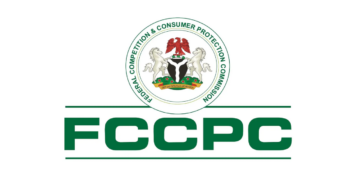The Organised Private Sector OPS) has called on the federal government to fast-track the implementation framework to drive the policies and the level of engagement that will be initiated with the private sector.
This is just as the group claimed that it was looking forward to a deepened engagement with the sector at the level of policy formulation, implementation, monitoring and evaluation.
The director general of Nigeria Employers Consultative Association (NECA), Adewale-Smatt Oyerinde, who made the call on behalf of OPS, noted that, “again, we are yet faced with another fuel subsidy removal challenge. A perennial situation that we are now so familiar with. It is quite alarming that while the arguments for the removal of subsidy over the years remained irrefutably compelling, successive administrations did not demonstrate the political will to do so and save the nation from irresponsible borrowing to fund crass inefficiency and corruption-ridden expenditure.
“The seeming lack of good governance, which ordinarily would have cushioned the effect of the short-term shock of the subsidy removal has made matters worse.”
Oyerinde stated that, though the call for palliatives and other short-term interventions are valid and necessary, however, experiences over the years have shown that short-term solutions such as the provision of mass transit and cash transfers, as proposed with the US$800 million loan among others, are shallow and not sustainable.
Since 1999, several quick-fix efforts such as the sponsored mass transit, SURE-P and other initiated palliatives in response to fuel price upward adjustment failed, he said.
“It is now clear that more sustainable interventions that the nation urgently need to cushion the short-term effect of subsidy removal will take medium to long-term to materialize, including the urgent rehabilitation and transparent privatization of the local Refineries across the country,” he pointed out.
He admitted that the subsidy removal could unlock over six trillion naira in revenue annually, which can be channeled into infrastructure development, among others.
“Reports have shown that less than three per cent of Nigerians (the super-rich)benefit from the subsidy regime. Efforts to provide immediate short-term palliatives should be fast-tracked in view of its urgency.
“Complete rehabilitation and transparent privatisation of existing refineries: Government should urgently complete the rehabilitation of existing refineries to boost local production. However, in the medium-term, it should commence a transparent privatization of the moribund national refineries and encourage the entrance of new investors to encourage competition,” he stressed.
Calling for stimulation of manufacturing and industrial production, the paths to achieving this, he said, is to stimulate domestic economic activities by facilitating an enabling environment for organized businesses to thrive and create decent and rewarding employment.




